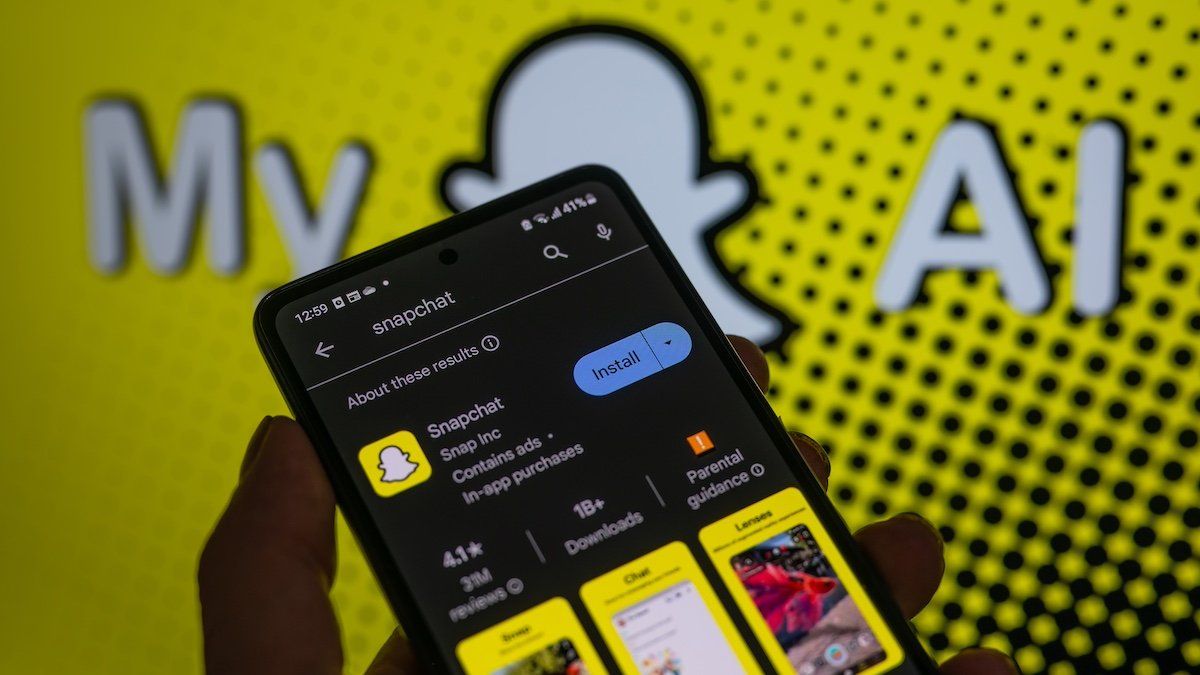On Thursday, the US Federal Trade Commission referred a complaint to the Justice Department concerning Snapchat’s artificial intelligence chatbot, My AI. The FTC doesn’t usually disclose these referrals but felt it was in the public interest to do so, citing potential “risks and harms” to young users of the social media app.
My AI is a chatbot built on OpenAI and Google’s large language models and accessible as part of the Snapchat app. It’s been criticized for being “wildly inappropriate” for the largely teenage audience on Snapchat. The UK had also launched a privacy investigation over teen privacy concerns but closed it in May, issuing a warning to the entire tech industry to put privacy first before rolling out AI tools.
That said, the FTC has yet to disclose what the actual complaint against My AI is about. In response, Snapchat’s parent company told reporters that the complaint is “based on inaccuracies and lacks concrete evidence.” It also said there are “serious First Amendment concerns” and criticized the timing of the announcement — “on the last day of this administration.” It’s unclear whether Trump’s Justice Department leadership will take up a case against Snapchat based on this referral, but it adds a potential Big Tech AI case to Trump’s docket from day one.
More For You
It's one of the few sources Americans across the political spectrum still rely on.
Most Popular
Think you know what's going on around the world? Here's your chance to prove it.
America’s new National Security Strategy confirms what Europeans have feared for months: Washington now sees a strong, unified European Union as a problem to be solved, not an ally to be supported.
Sports inspire greatness, determination, and resilience — both on and off the field. Bank of America is proud to celebrate the achievements of and uplift communities through the power of sports. Learn more about how Bank of America supports athletes in life and in the game.
